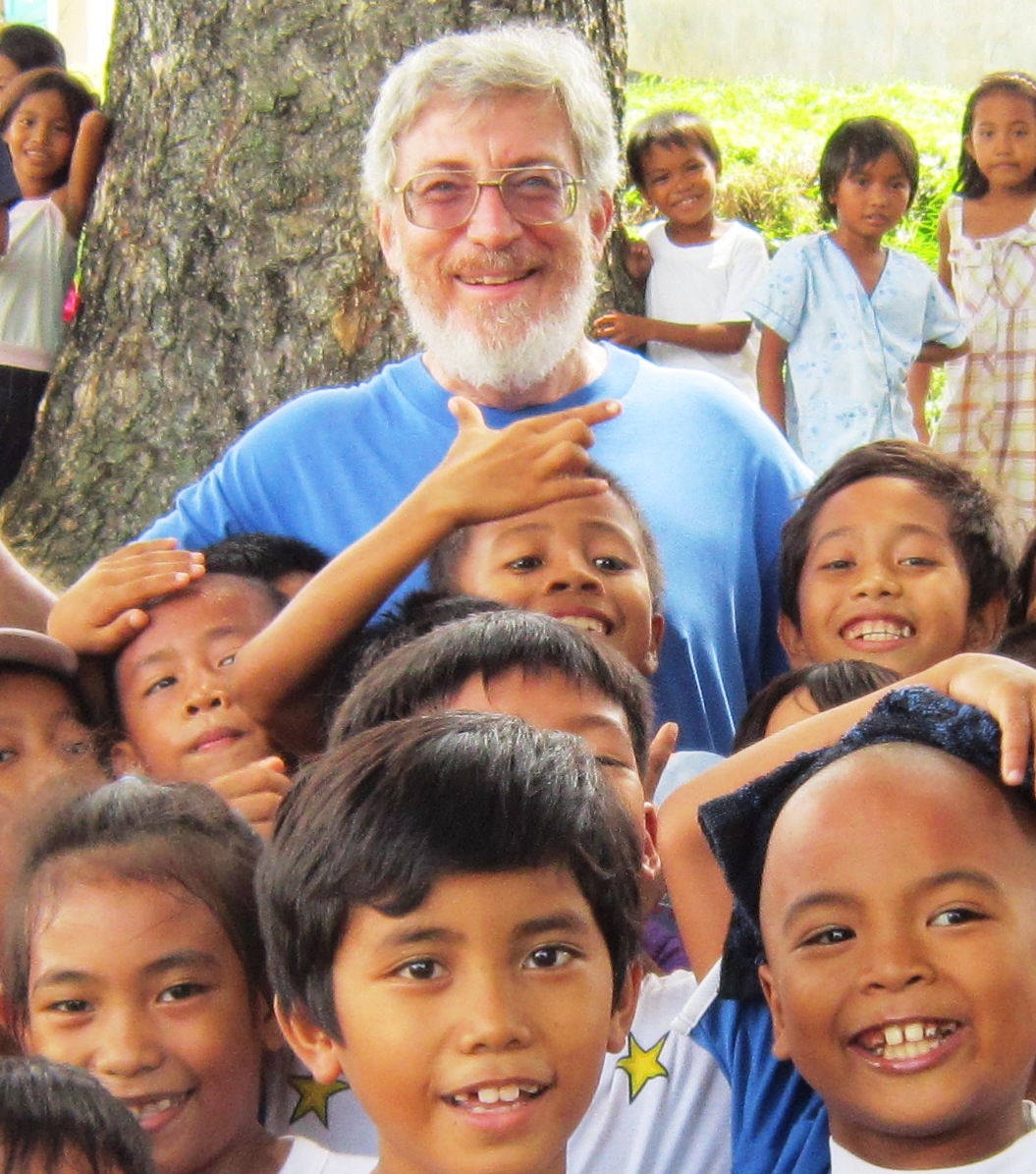 Available: A Life in the Philippines
Available: A Life in the Philippines
by
B.J. Stolbov
Mortgage, insurance, car, gas, electricity, water . . . drowning in bills, bills, and more bills . . . money going out and out . . . oh, what to do. . . . What to do?
Three years ago, I joined the Peace Corps. I sold or gave away most of my stuff. (Don’t worry: stuff is replaceable.) I took a backpack, my little bit of courage, a lot of trust, and I moved to the other side of the world.
I have two suggestions for you. Suggestion #1: The Philippines. I live in northern Luzon in a beautiful province called Quirino. It’s a quiet, peaceful, rural province. It reminds me of Northern California, only with coconut palms and papaya trees. The people are warm, friendly, and hospitable. (Hospitality is THE cultural trait of the Filipinos.) The Filipinos will invite you into their homes and treat you like family. You’ll not go hungry here (we often eat six times a day), and the food is simple and good. The living is relaxed and tranquil.
And it’s incredibly inexpensive to live comfortably here. I live with a Filipino family in a lovely house. For room and board, I’m paying 4000 Philippine pesos a month. (The current exchange rate is 45 pesos/dollar.) So, I’m paying per month $88.89 (that’s no typo!). The Peace Corps gives about 8000p ($177.78) per month to live on and I’m living well.
The weather in Quirino suits my bones. It rarely gets below 60°F or above 90°F. You won’t have to spend much on clothes. T-shirts, jeans, and sandals will cover most of your needs. You’ll rarely need anything more formal than a polo shirt and shoes.
It’s also astonishingly fertile here. Good food is readily available and inexpensive. As an agricultural province, there are vegetables and fruit growing all year round. I eat fresh vegetables and fruit every day. A kilo of sweet bananas is 50p ($1.11), a kilo of ripe mangoes is 35p (.78), and a fresh-picked, ripe pineapple, in season, is 12p (.27). Rice (you’ll eat a lot of rice) is 35p/kg (.35/lb). I eat a lot of free-range native chicken (150p/kg = $1.52/lb) and fresh-caught fish (120p/kg = $1.21/lb).
This is a lovely place for a quiet writer like me. I’ve met many wonderful people in my community, at schools, town halls, municipal and provincial fiestas, and churches, at christenings, on birthdays, graduations, wedding days, anniversaries, going-away parties and coming-home celebrations, illnesses, and even funerals. I know many more people than I did three years ago, and more people know and like me. I love this place, but it may not be very exciting for you.
If you want to see a more exciting place, six hours from here, in northwestern Luzon is Baguio City. The foggy, hilly, “City of Pines,” the “San Francisco of the Philippines,” Baguio, the most American of Philippine cities, was built by Americans for Americans during their years as the colonial occupiers of the Philippines. This is “The Summer Capital of the Philippines” because it’s high up in the mountains, cool in the summer, and “cool” all the time.
Everything you could want in a small city (population 300,000), you’ll find in Baguio. A good apartment is between 8000p – 15000p ($177.78 – $333.33) per month. Hotels, restaurants, cafes, and bars are plentiful. Local beer is 30p (.67) a bottle and a 250ml (about 1 pint) bottle of Philippine rum is a bargain at 28p (.62). Baguio is also the center of the “Salad Bowl of the Philippines.” Organic lettuce, cabbage, and broccoli, in-season, are only 25p per kilo (.25/lb.).
Recently, I met an American, who had moved to Baguio from Hollywood, California. She told me she was getting a Social Security check of $2000 per month, which is 90,000p per month, and “I cannot possibly spend it all.” Don’t forget that your Social Security check, pension, or 401K Distribution can be cashed anywhere in the Philippines!
Suggestion #2: A life. Get away from the American materialist trap. Get away from the fastest cars, the biggest televisions, the smallest computers, the newest electronic gadgets, the endless rat race. What’s valuable in the Philippines is time for family, friends, neighbors, and the simple joy of being alive. Life is not about acquiring more things or money; it’s about opening your heart and soul.
I didn’t join the Peace Corps and move to the Philippines to save money (that’s a surprise). I volunteered to change my life (and, I hope, some others’ lives as well). I’ve learned here that life can be simple: food, clothing, shelter, friends, family, community . . . , and enthusiasm, a passion for living, and a desire to live a truly meaningful life.
About the Author: B.J. Stolbov is a writer, poet, essayist, novelist, short story writer, travel writer, technical writer/editor, and improving photographer. He lives and works in the Philippines, and travels and explores throughout Southeast Asia. He teaches English and writing, and is available for writing and teaching positions.
Thank you for reading and commenting. Please enter our next Travel Writing competition and tell your story.

I have been there and witnessed the joys of Filipino Life! You are lucky to be there!